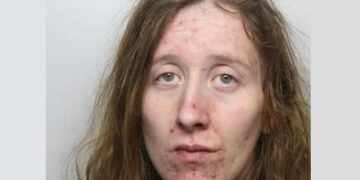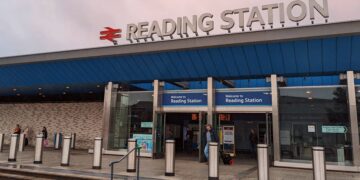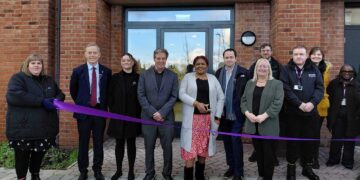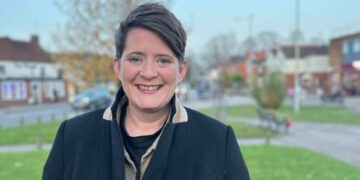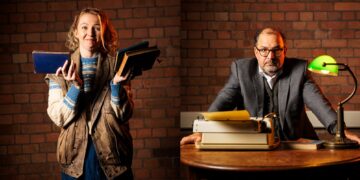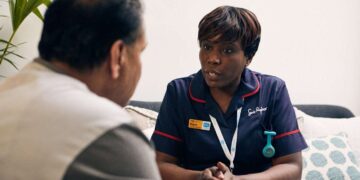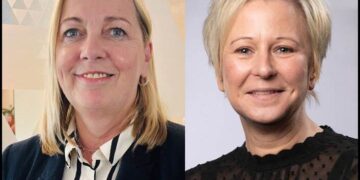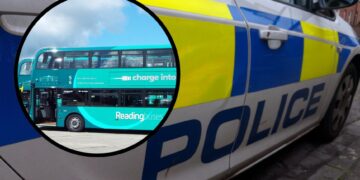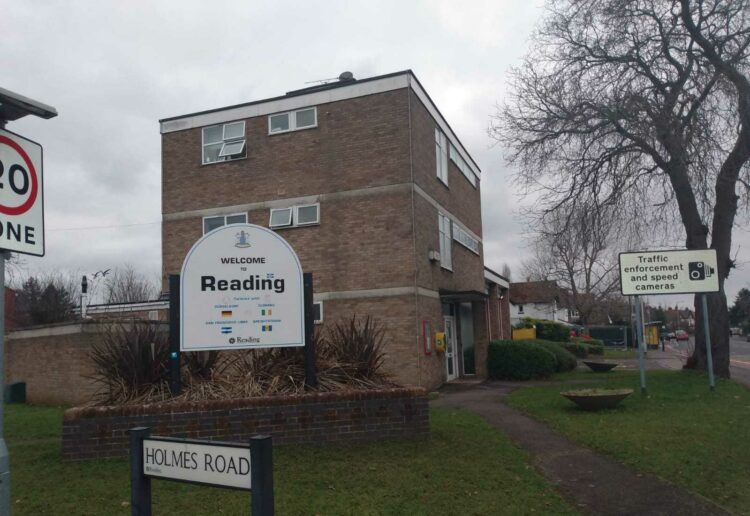Opinions are divided over whether suburbs should be subsumed into a ‘Greater Reading’ council as part of the government’s devolution plans.
The Labour government is moving forward with English devolution plans that involve the creation of new local authorities made up of 500,000 people or more.
Olivia Bailey, the Labour MP for Reading West and Mid Berkshire, and Liz Terry (Labour, Coley) the leader of Reading Borough Council (RBC) have both argued that residents in Tilehurst and Calcot should have the opportunity to unite with Reading Borough to create ‘Greater Reading’.
But neighbours living on the opposite side of Reading, in Earley, are divided over whether they should be incorporated as well.
Earley is currently under Wokingham Borough Council (WBC)’s jurisdiction.
Most neighbours appear to have rejected the idea.
The Greater Reading proposal has been discussed on the Earley Residents Discussion Board public Facebook group.
Jo Hewlett said: “Absolutely not. Two completely different demographics. The way RBC has performed over many years is not something we want for our area.
“I have no association with Reading and relate far more to Wokingham.”
Councillor Pauline Jorgensen (Conservative, Hillside), leader of the opposition on WBC said: “It sounds like a disaster waiting to happen, I remember Berkshire County Council – too big, unresponsive, only interested in providing services in urban centres – we would just become cash cows.”
Sarah Fellows said: “We spend more time in Wokingham than Reading, especially the town centres as Wokingham has far more to do for young children. We rarely go into Reading.”
Supporting unity with Reading, Malcolm John Haines said: “I think it’s a great idea. While an established, historical settlement in its own right (see 1086 Domesday entry), Earley has always been more closely linked to Reading.
“Plus, it would put a stop to the ridiculous snobbery of Lower Earley folk who claim to be from Wokingham, which is actually six miles away.”
Exhibiting a more agnostic position, Stewart Campbell said: “I feel Earley is separate from both Reading and Wokingham, to be honest.
“I don’t feel any affinity with Reading but I also feel Wokingham neglects Earley.”
Lee Swinerd said: “People say about RBC being inept, but if you change the boundaries then you’d get a new suite of councillors on RBC who will better serve residents of Earley, Lower Earley, Woodley, Calcot, etc.
“So people are not comparing apples to apples. Current RBC would be very different from future RBC. For example, do you think Cllr Jorgensen would put up with some of their current policies? No, me neither.
“I’m completely disaffiliated with Wokingham and WBC. I use Reading much more than Wokingham. WBC needs to bite the dust.”
Angie Burnish reflected on how dividing Earley into WBC and East Reading into RBC can cause complications.
She said: “In the 90s when the unitary authorities were created and we found ourselves in Wokingham District (as it was then) everything went downhill.
“Things like play schemes and libraries that were literally just five minutes walk away were suddenly either barred to us, or we had to jump through numerous hoops and pay more to access them. And were told that the Wokingham equivalents were a 40-minute bus ride away in a town we didn’t know.
“We are still registered at the same GP we were at when we lived at Cemetery Junction (because it’s close and a good surgery), but the complications it causes being registered with a GP in a different borough has to be experienced to be believed especially if you somebody in the family with complex health and social care needs.
“The only reason I ever have to go into Wokingham is for a meeting or appointment at the council offices – it’s not as if there ever would be any other reason to go there because I can’t see it’s got anything to offer that Reading hasn’t got, but better and far easier to get to because all the public transport where I live is centred on Reading.”
Interim proposals for devolution were submitted in March, with full proposals due in November.

